While a prenuptial agreement can offer several benefits in a marriage, the terms and details of the relationship can result in the document being created improperly or unfairly. Depending on the unique circumstances of your situation, you may challenge a prenuptial agreement in court. Please continue reading as we explore what you should know about these matters and how our determined Edison Prenuptial Agreement Lawyers can help protect your interests during these difficult times.
What is a Prenuptial Agreement?
A prenuptial agreement, also known as a prenup, is a legally binding contract that is created before marriage that outlines how assets, debts, and property will be handled in the event of a divorce, separation, or death. Essentially, it allows couples to define their financial expectations and safeguard their interests and rights.
What Are the Grounds on Which You Can Challenge a Prenup in New Jersey?
Although fielrs must follow strict rules and regulations when creating these documents, there are instances where the document may be challenged. Reasons for this include:
- Lack of legal formalities: In New Jersey, a prenuptial agreement must be in writing, signed, notarized, and meet other legal requirements ot be enforceable in a court of law. If these formalities are not followed, the agreement can be challenged. Additionally, prenups are limited in what they can and cannot detail. Matters such as child custody and support cannot be determined and will be overruled to ensure the child’s best interests are met.
- Coercion or duress: If one spouse was forced or threatened into signing the agreement, they can argue that it was not entered into voluntarily and should not be enforced.
- Lack of full financial disclosure: Both spouses are required to disclose their assets and debts. If necessary information is withheld or misrepresented, you can challenge the agreement.
- Gross unfairness: The prenuptial agreement must be fair to both spouses. If the prenup leaves one party significantly disadvantaged, it could be considered unconscionable.
- Insufficient time to review: If one spouse was not provided adequate time to review the agreement, it could be argued that they didn’t fully comprehend the terms or consequences.
- Changes in circumstances: Despite a prenup being initially valid, if there are significant changes in circumstances since it was signed, a judge may consider those changes when deciding whether to enforce it.
What is the Legal Process?
If you have signed a prenuptial agreement and wish to challenge the terms and conditions based on one of the aforementioned legal grounds, it’s crucial to seek legal advice from an experienced family law attorney. They will likely recommend collecting any documentation or evidence that supports your claims, such as proof of lack of full financial disclosure, evidence of duress, or documentation related to the agreement itself. A family law attorney can help you initiate legal action to challenge the prenup in the appropriate court and assist you in demonstrating why the prenup should be deemed invalid.
At Arndt & Sutak, LLC, we are prepared to help you explore your legal options and fight for the best possible outcome. You don’t have to settle for an unfair divorce. Connect with our firm today to discuss your case.




